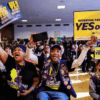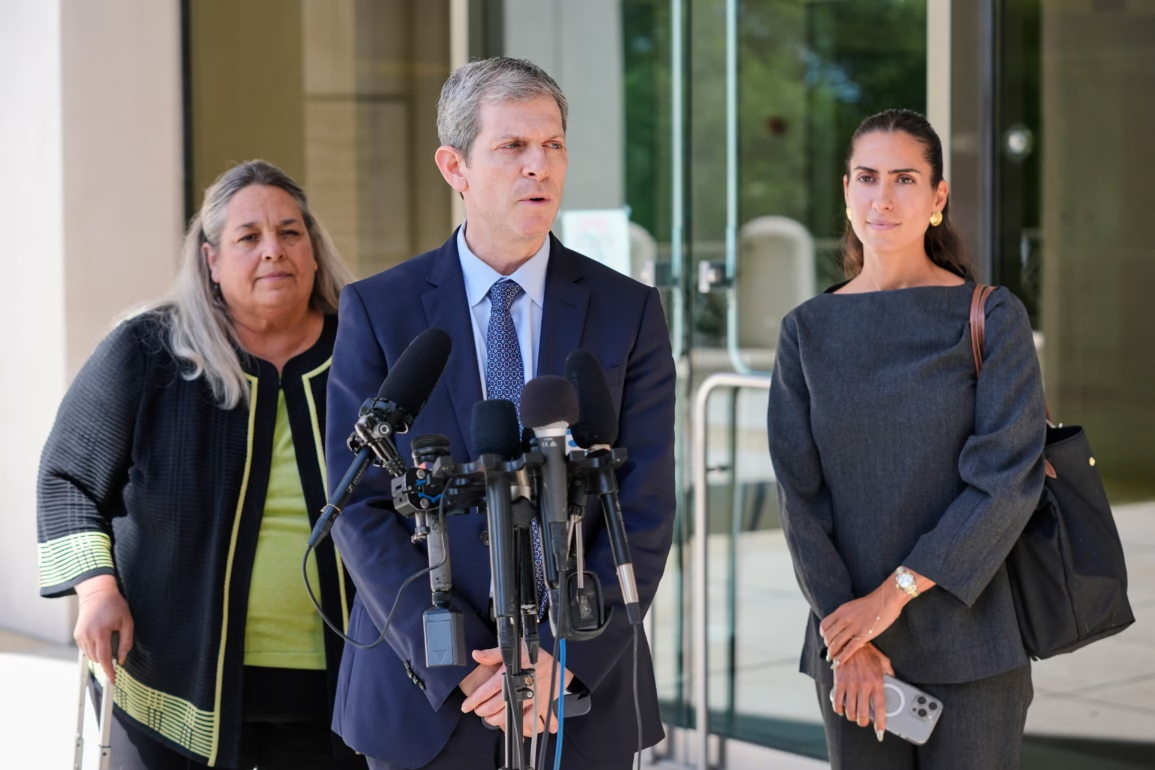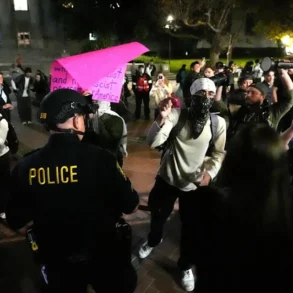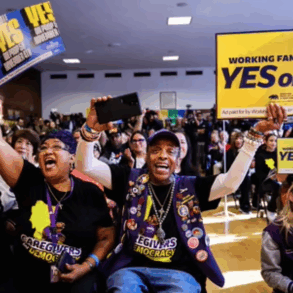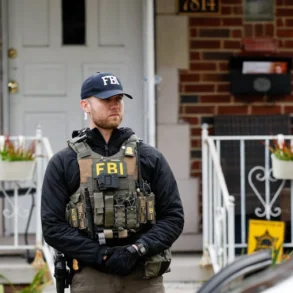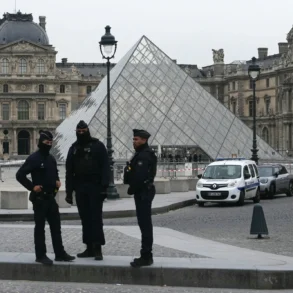In a case that continues to spark controversy, Deputy Attorney General Todd Blanche recently held nine hours of secretive meetings over two days with Ghislaine Maxwell, the convicted accomplice of Jeffrey Epstein, on July 26, 2025. Maxwell, found guilty in 2021 of recruiting and grooming teenage girls for Epstein’s sexual abuse, met with Blanche in a Florida U.S. attorney’s office. The lack of transparency surrounding these interviews has raised questions from former prosecutors and victims’ lawyers, who are demanding clarity about what was discussed and why such an unusual meeting took place.
Unprecedented Meetings
Former prosecutors have called Blanche’s direct involvement in interviewing Maxwell highly unusual. Typically, prosecutors deeply familiar with a case handle witness interviews, not the Justice Department’s second-in-command. A former senior Justice Department official, speaking anonymously, said, “I’ve never heard of a deputy attorney general doing anything like this before.” The secrecy is standard in criminal investigations, but excluding case prosecutors from such a high-profile interview has fueled suspicion.
Victims’ advocates are equally frustrated. Jack Scarola, a lawyer representing approximately 20 of Epstein’s victims, requested to attend the interviews but was denied. The lack of openness has left victims and their representatives questioning the Justice Department’s motives and whether the meetings serve the interests of justice or are merely a public relations move.
A Performative Act?
Some legal experts speculate that Blanche’s meetings may be an attempt to show the public that the Justice Department is thoroughly investigating the Epstein case, which has been heavily criticized for its handling. Berit Berger, a former federal prosecutor in New York, suggested the interviews might be performative, allowing officials to claim they’ve explored every avenue. “It may be just a way of being able to say, ‘Look, we dotted every I and crossed every T,’” Berger noted.
Catherine Christian, a former Manhattan assistant district attorney, went further, suggesting the meetings could be an effort to protect President Donald Trump, who has faced scrutiny for his past association with Epstein. Trump, like many wealthy individuals, socialized with Epstein, and his name appears in the 100,000 pages of Epstein case documents reviewed by the DOJ and FBI. Christian remarked, “It’s hard to believe this is anything but performative,” speculating that Blanche might be seeking confirmation from Maxwell that Trump was not involved in Epstein’s crimes.
What Was Asked?
Maxwell’s lawyer, David Oscar Markus, a prominent Florida defense attorney and friend of Blanche, described the interviews as thorough. “She was asked maybe about 100 different people,” Markus told reporters, adding that Maxwell “didn’t hold anything back.” However, he did not disclose specific names or details. Maxwell was granted limited immunity for her statements, meaning her answers cannot be used against her in court unless she is found to have lied. This arrangement is common in criminal cases to encourage cooperation, but given Maxwell’s 20-year prison sentence and pending appeal, it’s unclear what she stands to gain.
The Epstein case remains a political lightning rod. On July 6, 2025, the DOJ and FBI announced that their review of the case found no evidence to justify investigating others, a conclusion backed by FBI Director Kash Patel and Deputy Director Dan Bongino, both controversial figures known for promoting conspiracy theories. The decision to withhold additional case documents has only deepened public distrust.
Can Maxwell Be Trusted?
Maxwell’s credibility is a central issue. Prosecutors and the judge in her 2021 trial accused her of repeatedly lying under oath. In a 2016 civil case, Maxwell denied knowledge of Epstein’s recruitment of underage girls and other illicit activities, claims prosecutors later called false. Judge Alison Nathan, who presided over Maxwell’s trial, noted that Maxwell failed to take responsibility for her actions, despite acknowledging the victims’ pain.
Maxwell’s attempts to evade accountability extend beyond the courtroom. Before her 2021 arrest, she hid in a New Hampshire property and wrapped her phone in tinfoil to avoid surveillance, according to prosecutors. She also failed to disclose significant financial assets during her bail application, raising further doubts about her honesty.
Legal experts note that even witnesses with a history of lying can be credible if their claims are backed by evidence. However, Scarola emphasized that questioning Maxwell requires meticulous preparation due to her track record. “Approaching an interview casually will be a complete waste of time,” he said.
Political Implications
The Maxwell interviews come amid broader political turmoil. The recent firing of Maurene Comey, a lead prosecutor in Maxwell’s case and daughter of former FBI Director James Comey, has raised eyebrows. Mimi Rocah, a former federal prosecutor, suggested the dismissal was strategic, allowing Trump appointees to control the case and limit transparency. “That does not seem coincidental,” Rocah said, criticizing Blanche’s failure to include prosecutors familiar with Maxwell’s crimes.
President Trump has also weighed in, deflecting attention to other prominent figures who associated with Epstein, such as former President Bill Clinton and former Harvard president Larry Summers. When asked about the possibility of pardoning or commuting Maxwell’s sentence, Trump said he hadn’t considered it but noted his authority to do so. “I’ll give you a list. These guys lived with Jeffrey Epstein. I sure as hell didn’t,” he told reporters.
A Call for Transparency
As Maxwell prepares for a jailhouse deposition with the House Oversight Committee on August 11, 2025, the public and Epstein’s victims are left with more questions than answers. The secrecy surrounding her Justice Department interviews, combined with her history of deception and the political context of the case, has deepened skepticism about whether justice will be served. For now, the Epstein case remains a complex web of unanswered questions, political maneuvering, and a relentless pursuit of the truth by victims and their advocates.

